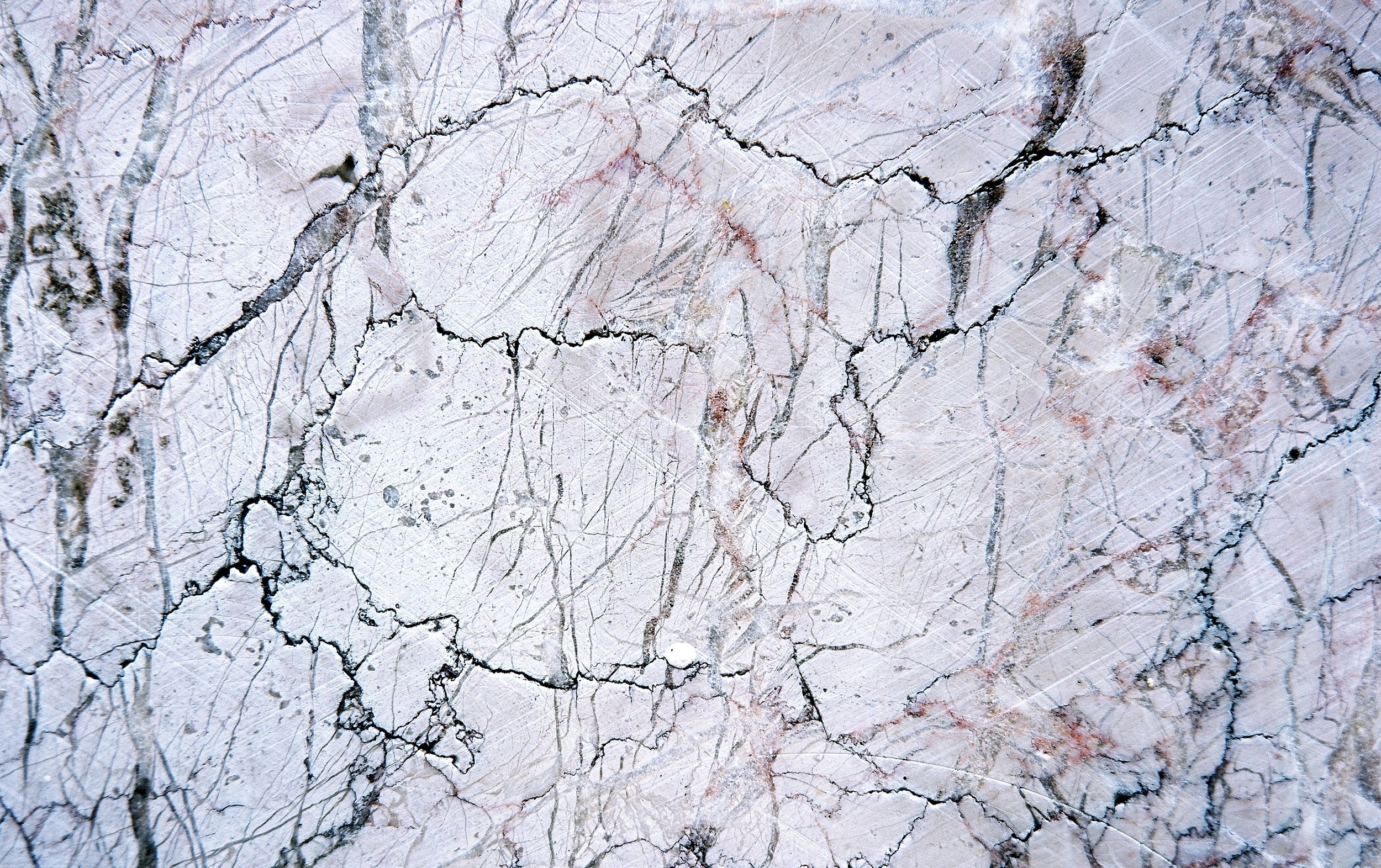
Bankruptcy ~ THe pros and cons

What declaring Bankruptcy will do
Prevent threats and collection activities from creditors
When you apply, the court implements an order known as the automatic stay. The stay would prevent most, but not all, creditor calls, salary confiscation, and litigation. Creditors, for example, will still receive insurance fees and court trials will proceed.
Short-term prevention a Foreclosure, Repossession, or Eviction
These activities will be prevented by the automatic stay provided that they are still unresolved.
Evictions;
-
after declaring bankruptcy an eviction that is still in the trial process will cease. Although the stay is likely to be short term. Bear in mind that in most states, a bankruptcy will not improve matters if the property owner already has an eviction order towards you.
Repossession and foreclosure.
-
Even though automatic stay will prevent a foreclosure or repossession, applying for Chapter 7 does not enable you to retain the property. If you can’t bring the account current, as soon as the stay is removed you will lose the asset(s). Chapter 13, on the other hand, provides a system that enables you to meet up with missed payments so you can retain the asset(s).
What Bankruptcy Can Do
Bankruptcy enables debtors to clear all commitments and get a clean slate. The two main forms of bankruptcy reported — Chapter 7 and Chapter 13 bankruptcy — both provide distinct advantages, and handle debt and property uniquely, in some cases. Based on your income, properties, and objectives you will select the ideal chapter for you.
What Bankruptcy Can’t Do
Again, bankruptcy is not immunity to all debt issues. These are the things it cannot do;
___
Stop a secured creditor from foreclosing or reclaiming assets you can’t afford.
A bankruptcy dismissal clears debts, but it does not erase the liens. A lien enables the lender to take ownership of the land, auction it off and add the proceeds to a balance of the loan.
Until the debt is cleared, the lien remains on the property. When you have a secured loan (a loan under which the lender has a lien on your property), bankruptcy may void your duty to pay the debt, but it does not remove the lien from the property — the lender will still have the ability to reclaim the collateral.
For instance, when you apply for a Chapter 7 bankruptcy, you can clear a home mortgage; but, the lender’s lien on the home will not be removed. If the mortgage remains unpaid the lender will be entitled to foreclose on the home.
Eradicate responsibility regarding child support and welfare benefits.
Bankruptcy does not eliminate child support and alimony obligations, so you will still completely owe these debts, just as though you had never filed for bankruptcy. And if you utilize Chapter 13, you’ll have to pay these debts in full via your plan.

Eradicate student loans, except under very special conditions.
In bankruptcy, student loans can only be dismissed if you can prove that repaying the debt would result in “extreme struggles” which is a very strict standard to meet. You will have to prove your current inability to pay your loans and that minimal probability of your ability to do so in the future.
Eradicate most tax debts.
Eradicating tax debt in bankruptcy is quite difficult however, it is often probable for older outstanding tax debts.
Eradicate other non-dismissible debts.
Under either chapter, the following debts are not dismissible:
Debts you accidentally omitted in your bankruptcy documents (except the creditor is aware of your bankruptcy case)
Debts for injuries sustained or death as a result of intoxicated driving
Fines and penalties, such as parking and criminal fines, levied as punishments.
If you file for Chapter 7, when your case comes to an end, these other debts will not be cleared. The debts will be paid in full via your repayment plan in Chapter 13.
Debt connected to theft may or may not be dismissed. A debt relating to fraud will not be dismissed if a lender presses charges (called an adversary proceeding) and persuades the judge that your bankruptcy should not clear the debt. Debts like this could arise from lying on a loan application or using borrowed assets as collateral for a loan.


Fill Out The Form Below & A HomeOwners Finance Team Member Will Get Back To You In Less Than 24 Hours!



